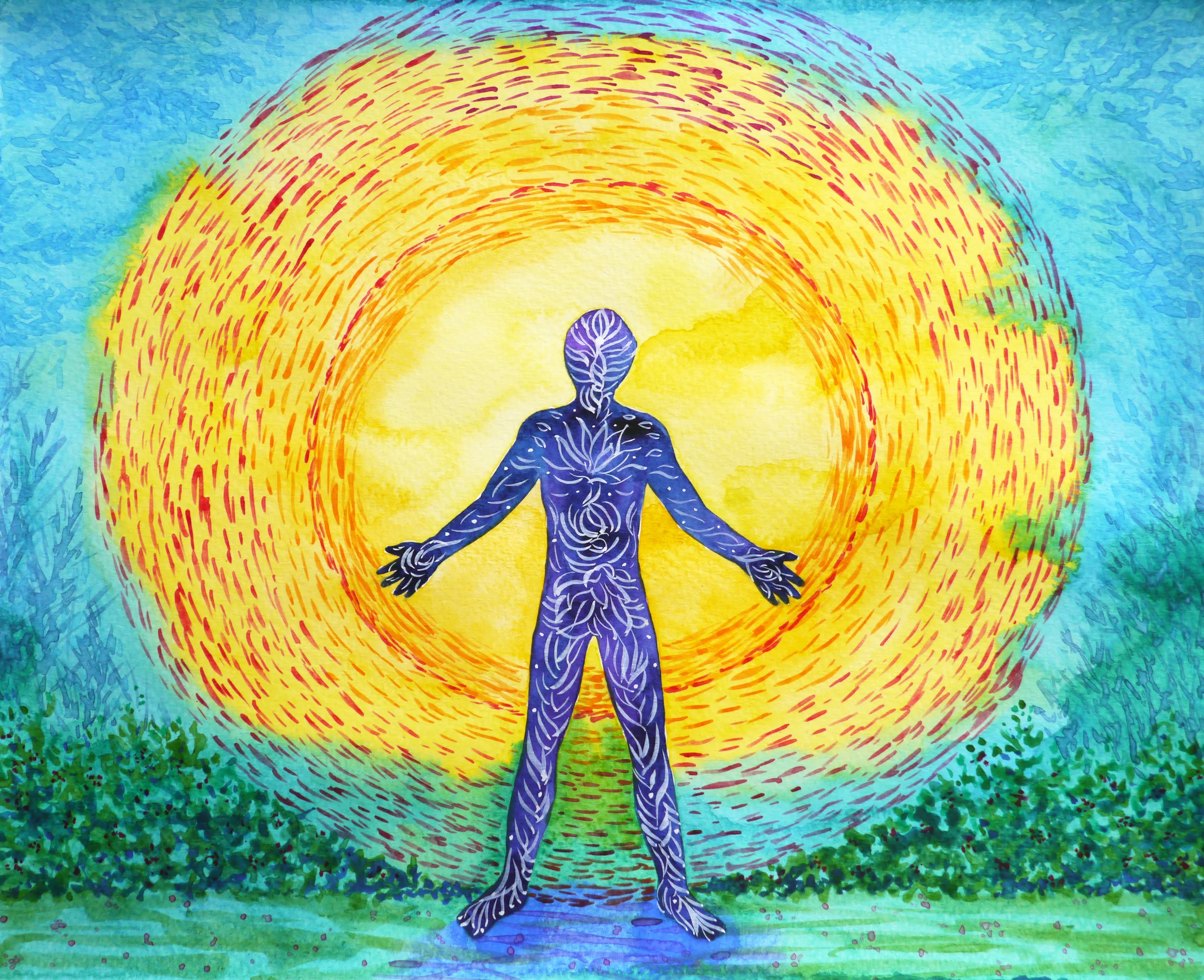Speech of a Lifetime?
At the recent National Storytelling Conference in Kansas City, I had the amazing honor of being given the Lifetime Achievement Award - the highest honor given in the U.S. storytelling community.
I was allowed just a few minutes to address the gathering. Since this was a once-in-a-lifetime moment, I tried to give the essence of what I most want to pass on, after over four decades as a storyteller, author, teacher, and coach. So here’s what I said (if you prefer, you can watch the video here: https://vimeo.com/241088223):
The Most Difficult Question
The great Hasidic rabbi, Rabbi Zusia, came to his followers one day and announced he would soon die. And that he was afraid. He said to them,
I’m not afraid of dying. But I’m afraid of the question that the angels will ask me about my life.
The angels won’t ask me, “Zusia, why weren’t you Moses, leading your people out of slavery?”
And they won’t ask me, “Zusia, why weren’t you Joshua, leading your people into the promised land?”
They will ask me the one question I have no answer for.
“Zusia,” they'll say to me, “there was only one thing that no power could have prevented you from doing! Zusia, why weren’t you Zusia?"
What Is Our Nature?
Pablo Casals, the great cellist said:
Why do we teach our children that 2 and 2 is 4 and that Paris is the capital of France? We should be saying to them:
"Do you know what you are?
"You are a marvel. You are unique. In all of these millions of years there has never been another child exactly like you...
"And look at your legs, your arms, your fingers…You’re capable of anything.
"And knowing that, when you grow up could you then harm another who, like you, is also a marvel?" (1)
What Gets in Our Way?
I believe that Casals is right: we are all marvels. In our essence, we are good, smart, capable of learning anything with enough time, persistence and help; we are powerful, loving, cooperative, and eager to live big lives.
What gets in the way, then? I believe it is unhealed emotional hurt.
Some of that hurt is accidental: a parent dies or an earthquake destroys our community.
But much more of it is systematic, inflicted on us by a society that needs different groups of us to play particular roles—to be oppressed by some groups and to be the oppressors of others.
These hurts, these threats, these bribes are reinforced every day. We are manipulated day after day to feel bad, stupid, powerless and all the rest, and we are all too likely to end up wanting to just put our heads down and get by.
How can we resist?
We need to do three things:
- We have to join together to resist those messages—because alone, any one of us can succumb to them, but together we can help each other remember our true natures;
- We have to heal the hurts; and
- We have to help others resist and heal.
So we’re facing this enormous task, this Goliath of society. Do we have a slingshot?
We have storytelling!
How Does Storytelling Remind Us of Our Nature?
Like every art form, storytelling can remind us of our true nature and help restore us to our true selves.
Storytelling does this in two major ways:
1) With the content of particular stories and
2) With the processes of storytelling, such as imagining and listening.
We can tell stories that promote love or, just as easily, that promote hate. So in terms of content, storytelling is neutral with regard to values.
But the processes of storytelling are not value-neutral.
For example, what is the key tool for healing emotional hurt? It is to be listened to, deeply and non-judgmentally. And the universal process of story listening gives people an experience of how to listen like that.
Storytelling processes are less forceful but more consistent than story content. If stories are like ocean waves in a storm, then story processes are gentle, prevailing winds.
Time to Get Clear?
I call on us all to get clear on the true nature of storytelling and the true needs of society. Only then can we fully understand how our art form can help shape a better future.
The good news is that we don't need to agree on the exact nature of society or of storytelling. But we do need, each of us, to apply our minds to the nature of both society and storytelling.
What’s Your Answer?
There is a choice that no one can prevent us from making. We can choose to face the pain of reclaiming our true selves. And to face the daunting tasks of promoting both the stories of our true nature and the liberating processes of storytelling.
So here’s the question to answer about your life:
Will you spend your life trying to be someone else? Or will you fully embrace the marvel that you—and you alone—are capable of being?
(1) Paraphrased and condensed from Casals, Joys and Sorrows, pp. 182-3.
Note: The full-quality video of my talk (including the introduction by Jane Marshall) is now available online:
